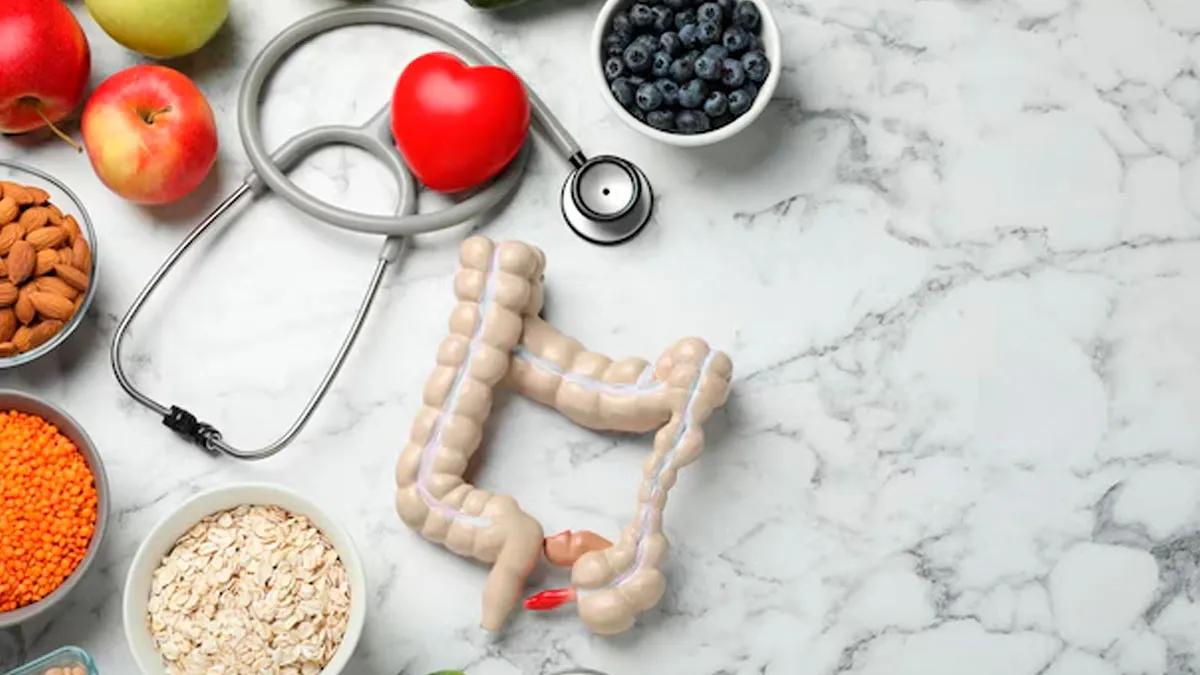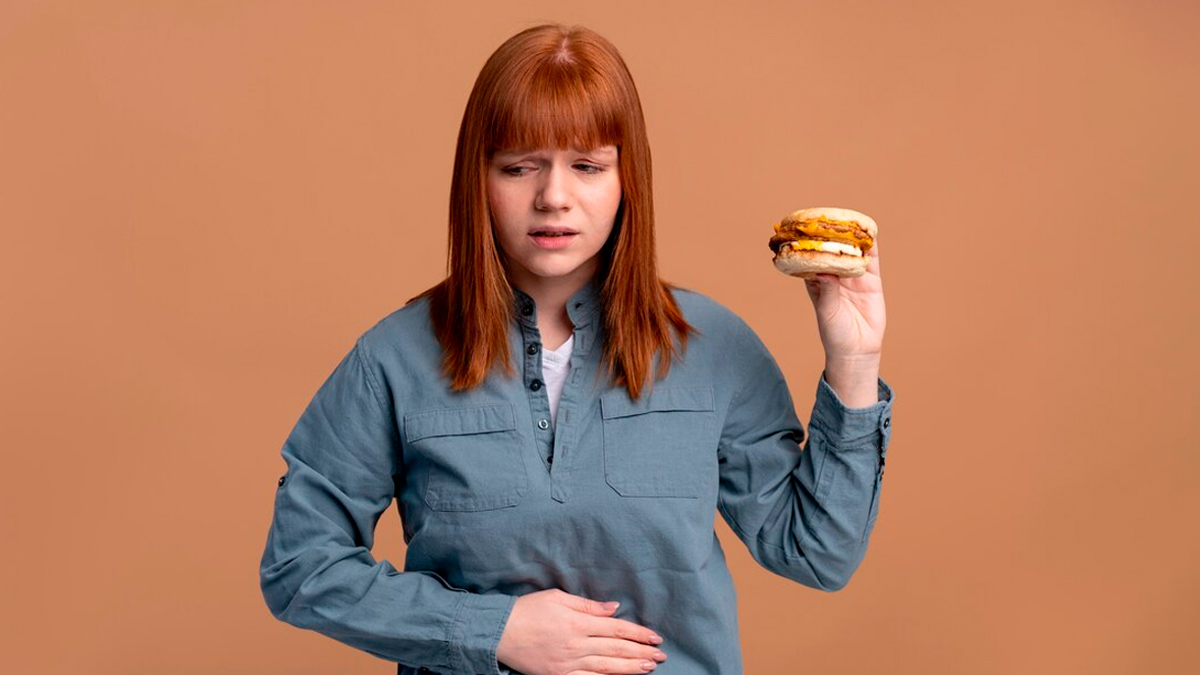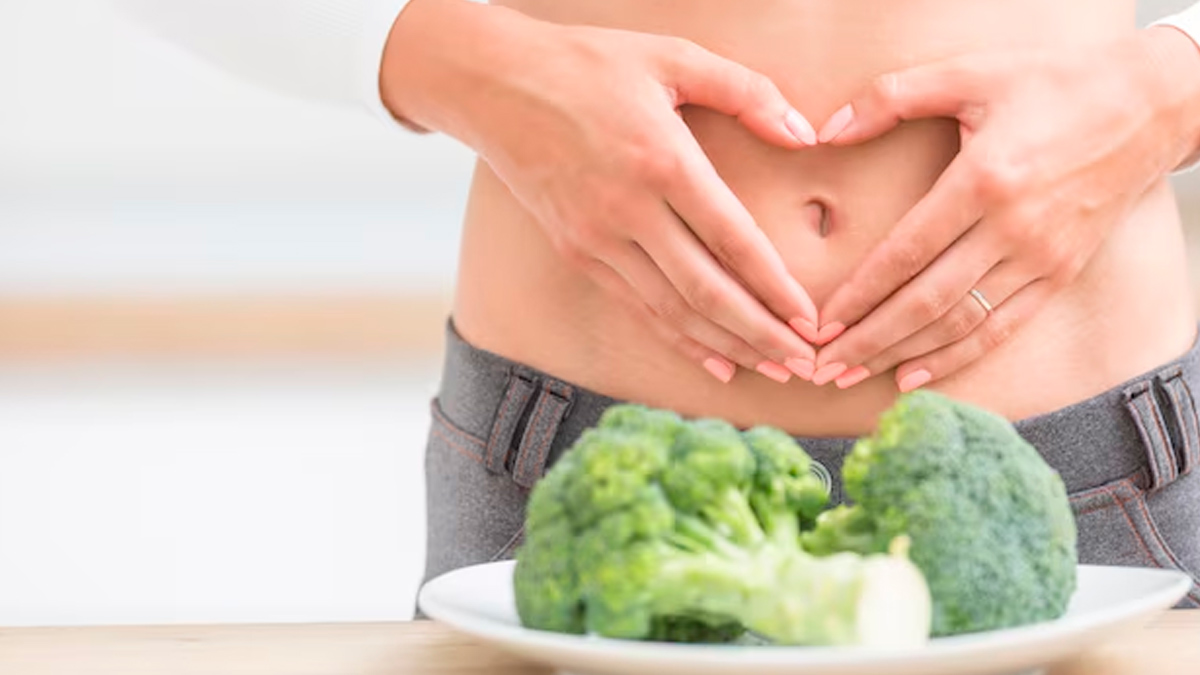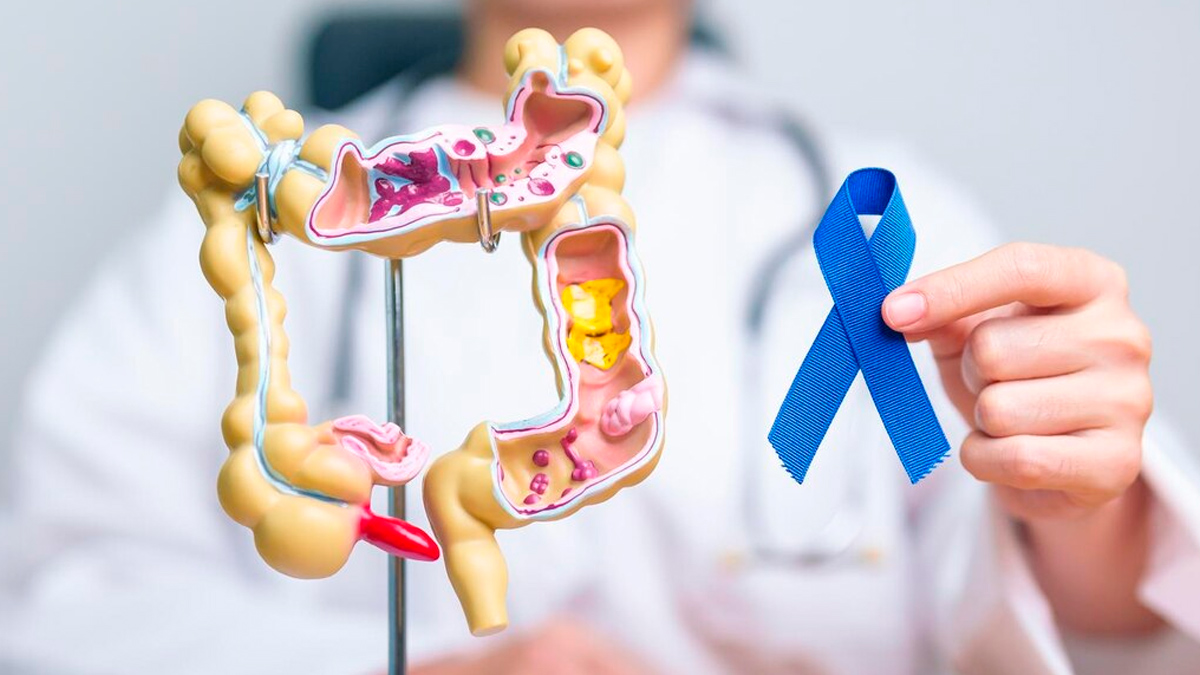
Bowel cancer, as the name suggests, occurs due to the growth of cancerous cells in the bowel, which includes the colon and rectum. According to the International Agency for Research on Cancer (IARC), bowel cancer, also called colorectal cancer, is the third most common cancer worldwide and the second leading cause of cancer-related deaths.
Table of Content:-
Several factors can increase the risk of bowel cancer, including age, family history, and lifestyle choices. In this article, not only will we discuss these risk factors in detail, but we will also focus on the common dietary factors that contribute to the risk.
Understanding Common Risk Factors For Bowel Cancer

According to Dr Amit Parasnis, Consultant - Head Of The Department and Consultant - Surgical Oncology and Surgery, Manipal Hospital, Baner, Pune, various factors can affect the risk of bowel cancer, including age, which is one of the leading risk factors.
"Most cases involve people over 50, people with Lynch syndrome, Familial Adenomatous Polyposis (FAP), and a family history of colorectal cancer," he says, adding that the condition is closely linked to lifestyle factors like smoking, obesity, and physical inactivity.
Other risk factors include diseases like Crohn's disease and ulcerative colitis, which are classified as Inflammatory Bowel Disease (IBD).
Dietary Factors That Can Increase Bowel Cancer Risk
It is important to note that the risk of bowel cancer is significantly influenced by diet.
Dr Parasnis says, “While diets high in fibre give preventative benefits, high intake of red and processed meats has been linked to an elevated risk.” Additionally, saturated fat-rich diets are also linked to an increased risk.
On the other hand, because fruits, vegetables, and whole grains are strong in antioxidants and phytochemicals, they provide protective effects.
Let’s take a closer look at the dietary factors that increase the risk of bowel cancer.
High intake of red and processed meats

Studies have clearly shown that high intake of red and processed meats is linked to various chronic conditions like heart disease and different types of cancers, including bowel cancer. “Often found in processed meats, compounds like nitrates and nitrites can break down during digestion to produce carcinogenic nitrosamines,” explains Dr Parasnis, adding that high cooking temperatures can release compounds like Polycyclic Aromatic Hydrocarbons (PAHs) and Heterocyclic Amines (HCAs), which, according to the National Cancer Institute (NCI), can cause changes in DNA that may increase the risk of cancer.
In 2023, the World Cancer Research Fund also highlighted a study that showed that if processed meat was completely eliminated from the diet, this would significantly reduce the risk of developing bowel cancer—with 6,000 cases prevented among men and 2,500 among women per year.
Also Read: Study Reveals Bowel Cancer On The Rise Among Young Adults: Expert Shares Prevention Tips
Eating high-fat diets
Diets high in trans and saturated fats are also linked to an increased risk of bowel cancer. Obesity, a known risk factor for bowel cancer, can be exacerbated by high-fat diets, says Dr Parasnis. He explains, “Consuming too much fat can cause the gut to produce more bile acids, some of which can develop into secondary bile acids that are known to cause cancer.”
Also, important nutrients that protect against the development of cancer, such as fibre, antioxidants, and phytochemicals, are frequently absent from high-fat diets, he adds.
Low fibre-rich food intake

Fibre-rich foods are generally good for your digestive health. Including high-fibre foods like whole grains, fruits, and legumes can also help in reducing the incidence of bowel cancer. By promoting better bowel movements, dietary fibre shortens the period that possible carcinogens are in the colon. Consuming soluble fibre from foods also helps to maintain a healthy gut flora, which can affect the health of the colon.
Whole grains and vegetables contain insoluble fibre, which gives stool volume and encourages regular bowel movements. Also, diets high in fibre have been linked with lower consumption of processed foods, which further lowers the risk of cancer.
High alcohol consumption
It is important to bear in mind that no amount of alcohol is safe to consume, as warned by the World Health Organization (WHO). One of the reasons being that it increases the risk of many types of cancers, including bowel cancer.
Dr Parasnis explains, “Acetaldehyde, a carcinogenic byproduct, is produced when alcohol irritates the intestinal lining. Also, it could hinder the absorption of nutrients, such as folate, which has anti-cancer properties.”
“Alcohol consumption should be restricted to no more than one standard drink for women and two for men per day, according to guidelines. The key to lowering the risks implicated is moderation,” he adds.
Excessive intake of sugary foods
Diets high in sugars, such as sodas, sweets, and dessert foods, are associated with an increased risk of bowel cancer. A study published in The Journal of Nutrition examined the link between sugar intake and colorectal cancer (CRC) risk involving 192,651 participants from Hawaii and California. Participants, including African American, Japanese American, Latino, Native Hawaiian, and White adults, were followed for an average of 19 years.
The study found that higher intake of total sugars, fructose, glucose, and maltose was associated with an increased risk of colorectal cancer, particularly colon cancer. The risk was stronger among younger participants (45-54 years) and Latinos.
The key is to gradually cut down on your sugar intake by introducing natural sweeteners to your diet and by reading the food labels and ingredients to check for added sugar. For more information on this, read here.
Also watch this video
How we keep this article up to date:
We work with experts and keep a close eye on the latest in health and wellness. Whenever there is a new research or helpful information, we update our articles with accurate and useful advice.
Current Version